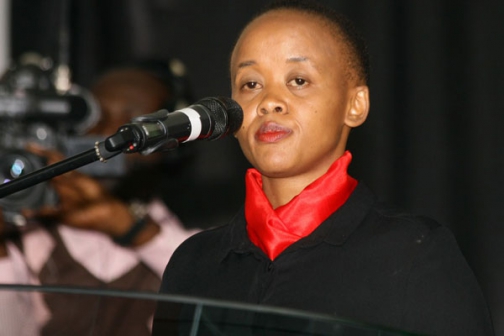×
The Standard e-Paper
Smart Minds Choose Us

Less than a decade ago Kenya exploded into post-election violence. When the violence stopped, with the help of the international community, we crafted an elaborate agenda to ensure the nation would not travel down the path of internal conflict again.
There was the Waki Commission whose report triggered the ICC cases. There was the Truth, Justice and Reconciliation Commission (TJRC), and the Kriegler Commission.